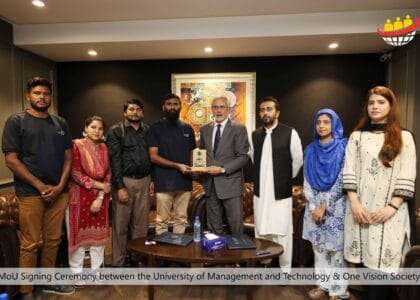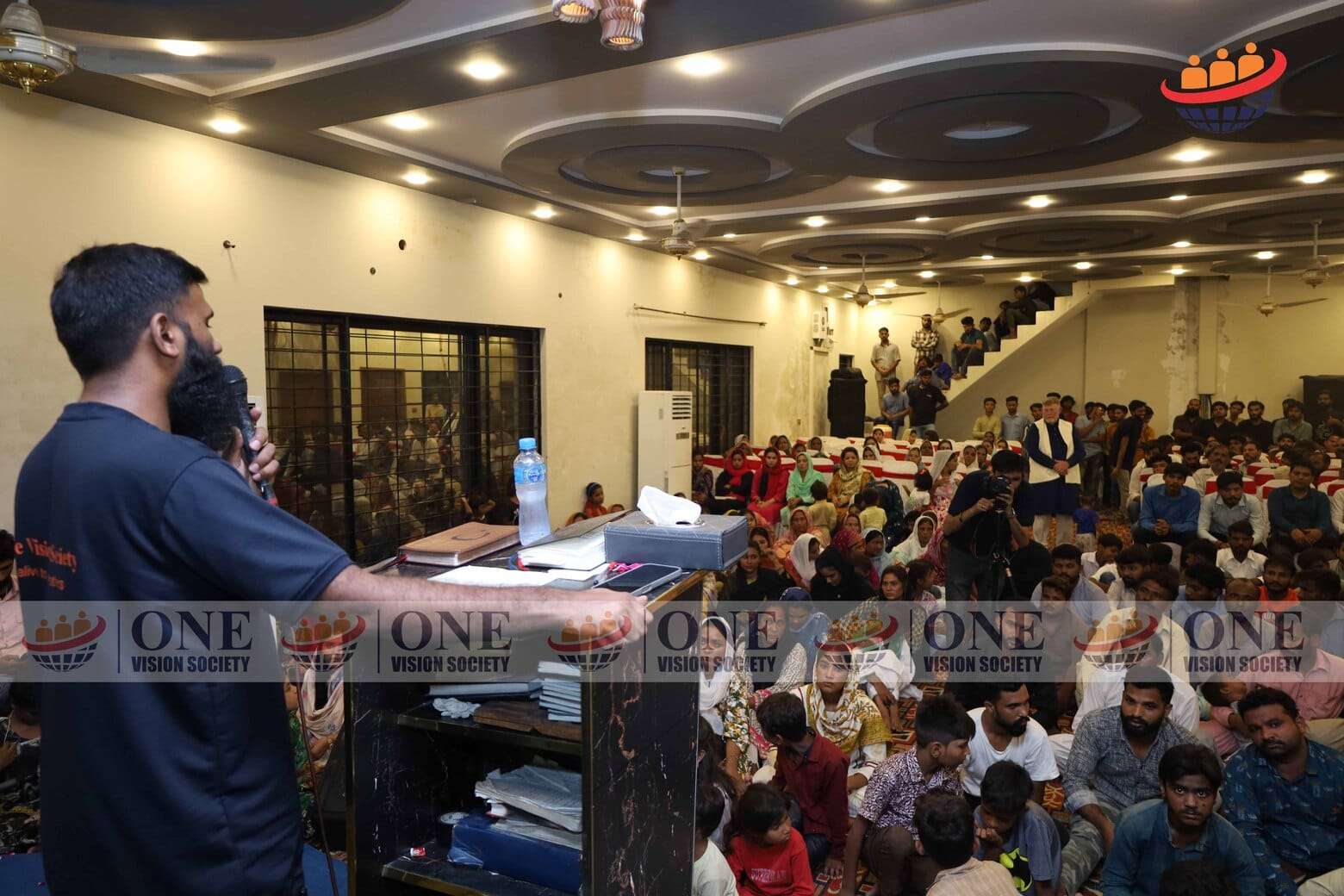As of 2023, Christianity continues to be a minority religion in Pakistan, with an estimated 2.8 million adherents, comprising only about 1.5% of the country’s population. Despite being a small community, Pakistani Christians play a vital role in the country’s social and cultural fabric, contributing to various fields such as education, healthcare, and social work.
However, the Christian community in Pakistan continues to face various challenges, including discrimination, marginalization, and persecution. Christians are often viewed as second-class citizens, and they face barriers to education, employment, and political representation. Many Pakistani Christians live in poverty and struggle to access basic services such as healthcare and education.
In addition to these challenges, Pakistani Christians are also vulnerable to extremist violence, especially in areas where religious minorities are concentrated. In recent years, there have been several attacks on Christian communities, including suicide bombings and mob violence. These incidents have resulted in loss of life, destruction of property, and displacement of communities.
Despite these challenges, Pakistani Christians continue to practice their faith and lead fulfilling Christian lives. Churches play a critical role in providing support and resources to the Christian community. Many churches offer educational programs, vocational training, and healthcare services to the marginalized communities. Christian NGOs and organizations also work to provide relief and support to those affected by natural disasters and other crises.
Pakistani Christians also participate in interfaith dialogues, seeking to promote mutual understanding and respect among different religious communities. These dialogues provide an opportunity for Christians to share their beliefs and practices with others and to learn about the beliefs and practices of other religions. This dialogue helps to foster a sense of community and promotes social harmony.
Moreover, Pakistani Christians are active in various social and cultural activities. They celebrate religious festivals such as Christmas and Easter, and many Christian communities organize cultural events that showcase their heritage and traditions. These events provide an opportunity for Christians to come together and celebrate their faith and culture.
In conclusion, Pakistani Christians continue to face various challenges in leading a Christian life in Pakistan. Despite these challenges, they remain resilient and committed to their faith and community. Pakistani Christians make valuable contributions to the country’s social and cultural fabric, and their contributions should be recognized and celebrated. The government and other stakeholders must work towards ensuring that Pakistani Christians enjoy equal rights and opportunities and are protected from discrimination and violence.





